Flower Power! Plants That Are Easy To Grow
Add some Power Perennials to your garden – Plants that strive and survive in all types of conditions. Check out our picks for perennial flowers that are easy to grow:
- Coneflower
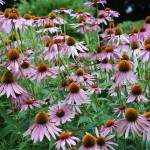
Hot and sunny weather doesn’t stop coneflowers from producing an abundance of flowers from early summer until fall. Coneflowers are purple natives that are easy to grow – and are also available in while, yellow, orange, and red.
As an added bonus, these nectar-rich flowers will attract butterflies and hummingbirds to your garden as well!
- Liatris
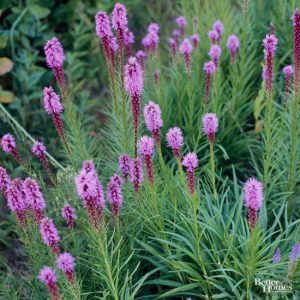
Liatris (or, commonly called gayfeather or blazing star) is a tough native plant that produces interesting spikes of pink, white, or purple blooms from midsummer to fall.
While this plant is drought-tolerant, it prefers moister soils – making it a great choice for wet spots in your landscape (see our last post on how to handle the wet St. Louis summer).
- Artemisia
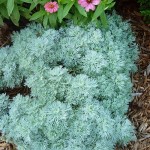
With its silver-gray foliage, Artemisia makes a great companion for other perennials in your landscape or containers.
Artemisia is a tough plant that can tolerate both hot-dry conditions and pool soil. Just keep in mind that it needs full sun to stay healthy.
- Hosta
These ultra-easy foliage plants come in all types of shapes, sizes, and colors. Use hostas to brighten any shady spots in your garden and landscape.
- Buddleia (Butterfly Weed)
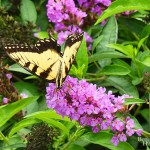
When blooming, this fragrant perennial shrub attracts butterflies of all types. Buddleia produces nectar-rich blooms in purple, pink, yellow, white and even blues!
Buddleia will die back to the ground each year, but rebounds quickly once the weather warms up in the spring.
- Helenium
Add some beauty to your late-summer and fall garden with the bright and beautiful Helenium. This sun-worshiping native plan blooms in bright orange, red, and yellow blooms.
- Black-eyed Susan
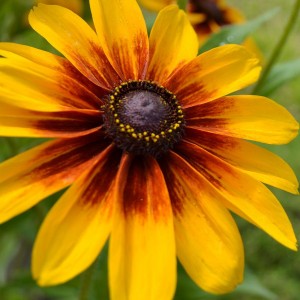
Growing to about 24-36 inches, black eyed Susan’s thrive in full sun and can tolerate dry conditions – and is also a bee and butterfly favorite! The more you cut the daisylike flowers of the black-eyed Susan, the more prolific they will bloom.
